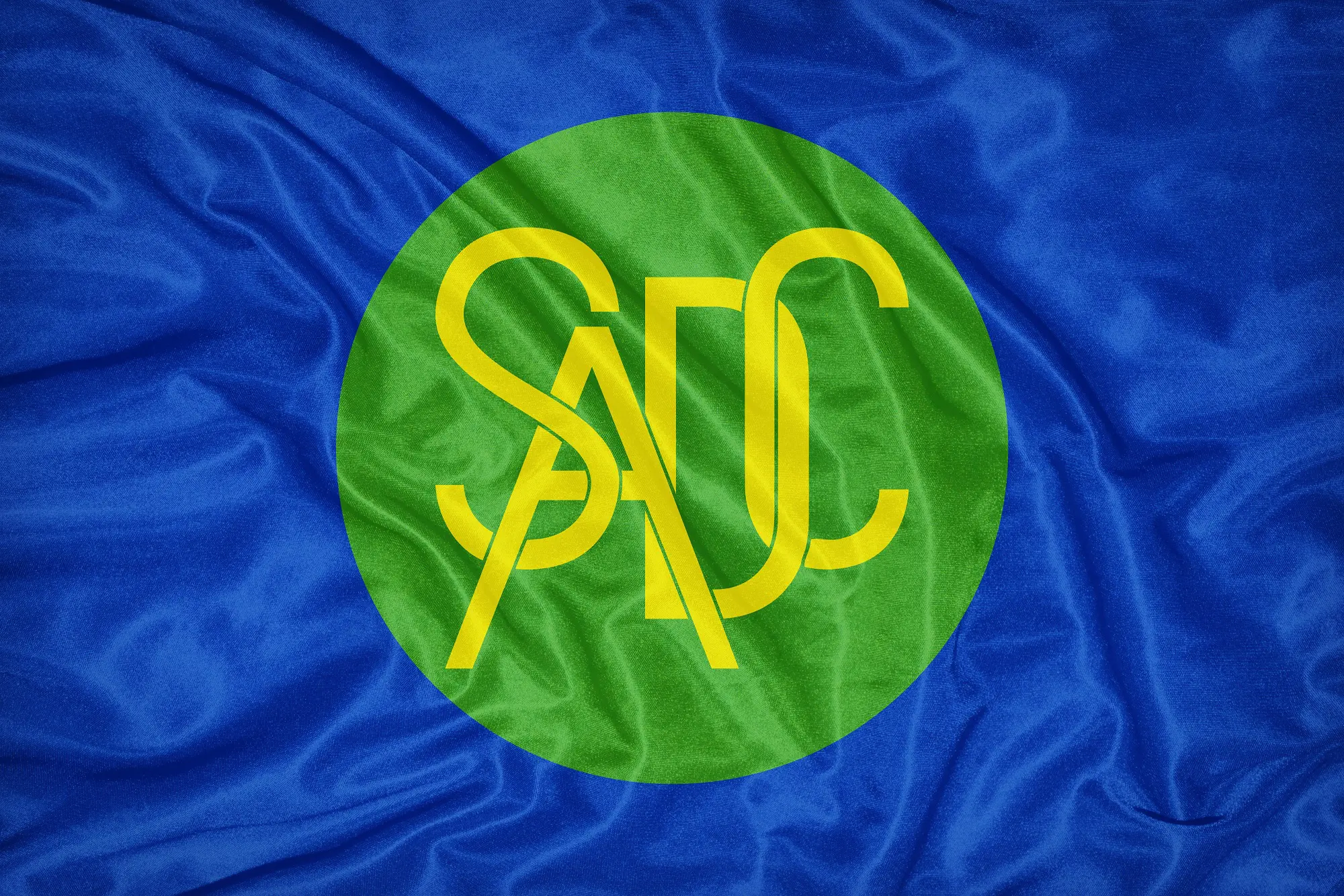
Participation in the political process is at the heart of democratic values. Democratic election of leaders is a civic exercise of selecting leaders that can best represent the interest of the voter. Public offices across Southern Africa have had consistently low ratios of female members. The lack of women in office suggests that governments may not be seriously paying attention to women’s issues in Southern Africa. Article 9 of the Protocol to the African Charter of Human and Peoples’ Rights calls on states to promote women’s participation in the political process.[1] With the exception of Botswana, Southern African countries are signatories to the Protocol. The countries’ attempt to promote female representation in politics has produced mixed results.
During the last two decades, some countries in the region have made commendable legislative development toward attaining equal representation of women in politics. For instance, Malawi’s Gender Equality Act of 2013 mandates every department in the public service to appoint 40~60% of either sex. This provision guarantees women’s participation in the public service, including political offices. Similarly, Lesotho passed the Local Government Elections Act of 2011 which reserves 30% of the total number of seats in local councils for women. Namibia adopted the National Gender Policy in 2010, which includes an objective of increasing women’s participation in the political sphere.[2] Zimbabwe adopted a similar policy in 2003.
Despite these efforts, the current political landscapes of Southern Africa do not reflect the legislative and policy efforts toward gender equality in political representation. Women continue to be politically underrepresented across sectors. For instance, the President of Malawi appointed only three women in his cabinet of 20 members in 2015 and 2018.[3] The public decision-making positions of Zimbabwe are also predominantly male despite the government’s stated commitment to the National Gender Policy.
The dissonance between the legislative efforts and the present reality of the low number of women in office indicates legislation alone is not sufficient to achieve equal representation in politics. In reality, many women face non-legal obstacles that prevent them from participating in politics. Discriminatory customary laws govern many women’s lives, which curtail their property rights and restrict women to their assigned roles in private and public spaces.[4] Women are also disproportionately affected by poverty in Southern Africa. Poverty inhibits access to education, and financial resources are necessary to fund campaigns. In other words, only a small subset of women without economic or social constraints is able to participate in politics.
Southern African governments have an obligation to promote the equal representation of women and men in political decision-making. Legislative advancements toward gender equality are necessary starting points, but they must be supplemented with concrete plans that take into account the socioeconomic obstacles faced by women.
By Emma Heo, intern @ SALC
[1] Art 9 “Right to Participation in the Political and Decision-Making Process”, Protocol to the African Charter on Human and Peoples’ Rights on the Rights of Women
[2] §4.6 “Gender, Governance and Decision-Making”, National Gender Policy (2010-2020), Ministry of Gender Equality and Child Welfare, March 2010 at https://landportal.org/sites/default/files/namibia_national_gender_policy.pdf
[3] Amundsen, Inge & Kayuni, Happy, Women in Politics in Malawi at 6
[4] O’Neil, Tam & Kanyongolo Ngeyi & Wales, Joseph with Mkandawire, Moir Walita, Women and power, ODI Report (Feb 2016) at 16.



